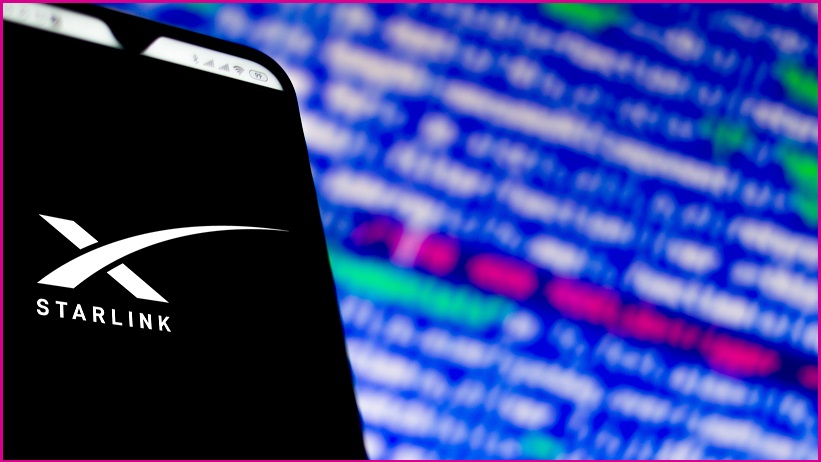Australians can now pre-order SpaceX’s Starlink, with plans for a local launch of Elon Musk’s satellite internet service by the end of the year.
Starlink aims to deploy thousands of small satellites into low-Earth orbit to provide high-speed, low latency broadband internet around the world.
There is currently a user base of about 10,000 following an invite-only, “better than nothing” beta last year.
Starlink has regulatory approval in the US, Canada and the UK, and hopes to offer speeds from 50-150Mbps and latency from 20ms to 40ms.
The company has also said that as it launches more satellites into orbit, data speed, latency and uptime will “improve dramatically”.
SpaceX late last year applied for gateway licenses for Starlink in four Australian cities: Broken Hill, Boorowa, Wagin and Pimba.
It came after the company was approved for inclusion on Australia’s Foreign Space Objects Determination by the Australian Communications and Media Authority.
SpaceX has now opened pre-orders for Starlink, with users to pay a fully refundable deposit of $139 for priority access to the service once it is launched in the area.
The pre-order is available for a “limited number of users per coverage area”, and “may take six months or more to fulfil”.
The company has also warned that making the deposit “does not guarantee that the Starlink kit and services will be available to you”.
It’s not cheap
In accessing the pre-order, users can enter their address and see when SpaceX estimates the Starlink service will be available there.
The company said it is aiming for mid or late-2021 for inner Melbourne.
The deposit is for an antenna and router kit that will then ship on a “first-come, first-served basis”, based on which locations are launched first.
The full kit will include a mountable pizza-sized dish antenna, Wi-Fi router and power supply.
The Starlink hardware will cost a total of $709, with the service to also cost a $139 monthly fee.
Shipping and handling on the product will also cost $100 for Australians.
Musk is a fan of this early deposit strategy, with people also invited to pre-order cars from his other company, Tesla, long before they are available or made. This cash from the small and refundable pre-orders is then used to prop up the company’s balance sheet while it manufactures the vehicles or devices.
Posting on Twitter following the announcement, Musk said he plans to split Starlink from SpaceX and conduct an IPO “once we can predict cash flow reasonably well”.
“SpaceX needs to pass through a deep chasm of negative cash flow over the next year or so to make Starlink financially viable,” Musk tweeted.
“Every new satellite constellation in history has gone bankrupt. We hope to be the first that does not.”
Musk’s comments largely echo those made by SpaceX president Gwynne Shotwell last year.
“Starlink is the right kind of business that we can go ahead and take public,” Shotwell said.
Musk has previously predicted that Starlink could bring in revenue of $US30 billion each year, far higher than the expected revenue from SpaceX.
The pre-order launch puts Starlink far ahead its rivals in the satellite internet space, including Jeff Bezos’ Kuiper project, and Canadian telco Telesat.
The service will also compete with the NBN’s Sky Muster Service in Australia, which launches its satellites far higher than Starlink at 36,000km from ground.
Sky Muster retails for $34.95 per month, far cheaper than Starlink, but comes with a data cap at 15GB at peak and 70Gb off peak, at 12/1mbps, and evening speeds of 8mbps, significantly slower than Musk’s offering.
It’s been a big week for Musk, with Tesla revealing it had purchased $1.9 billion in bitcoin, leading the cryptocurrency to surge in value.
A strong 2020 for Tesla catapulted Musk to being the world’s richest person, taking over from his rival, Amazon CEO Jeff Bezos.










